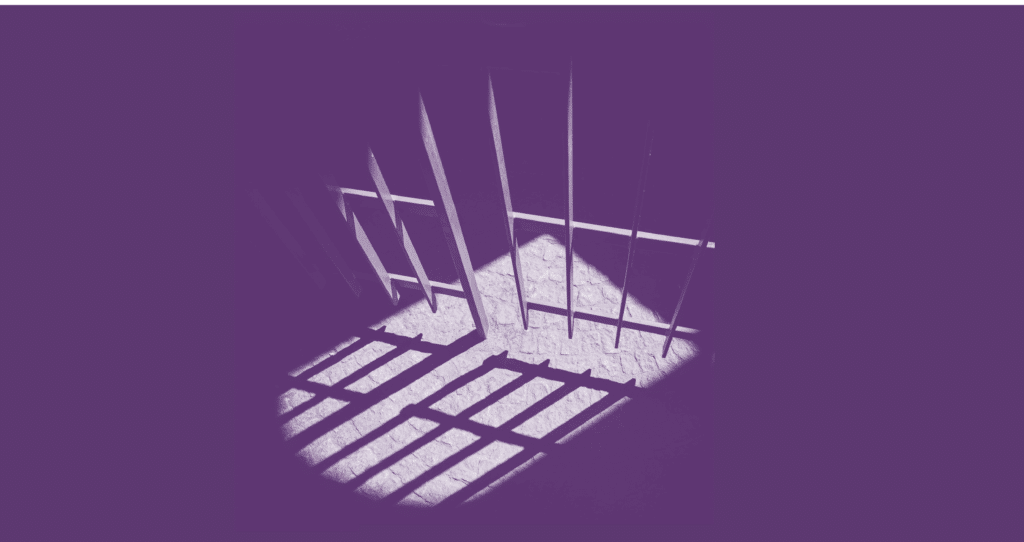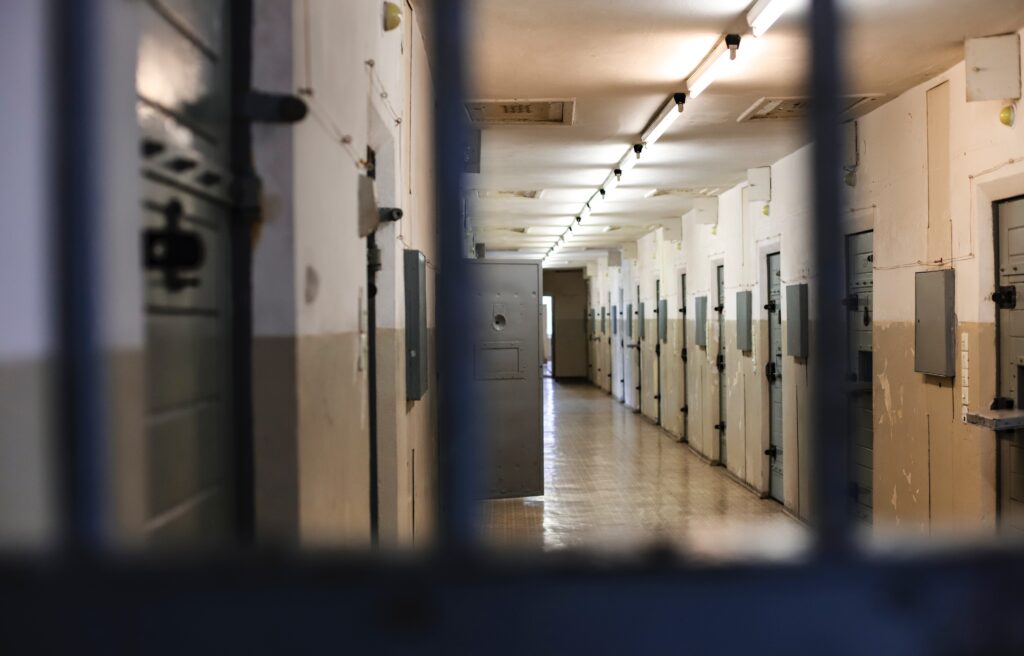After years of advocacy, in 2019 we had a historic win when the BC Court of Appeal ruled that the federal laws that permitted solitary confinement were inhumane and unconstitutional. Yet this practice has continued by other names – through lockdowns and restrictive movement routines.
The BCCLA filed a lawsuit to stop prison wardens from placing people in solitary confinement in Canadian prisons using prolonged, indefinite lockdowns and restrictive movement routines.
These practices are cruel and inhumane. They must end.
Continuing our fight against the torture of prolonged, indefinite isolation
The government claims that long-term solitary confinement has been banned. But wardens at federal prisons continue to isolate prisoners in long-term solitary confinement by using lockdowns and restrictive movement routines.
Wardens routinely lock down entire institutions or set highly restrictive schedules that isolate people to their cells for days, weeks, and months at a time, without meaningful human contact.
Many times, prisons are locked down for administrative reasons, like staff shortages or construction. When that happens, all activities and privileges are suspended. Restricted movement routines can confine people who do not have programs, jobs, or schooling to their cells for most of the day. These practices result in discrimination, having a higher impact on Indigenous and Black prisoners, who are over-represented in maximum security prisons.
Solitary confinement inflicts immense suffering, and causes physical, psychological, social, and spiritual trauma. Solitary confinement causes psychosis, heart disease, chronic depression and anxiety, and leads to self-harm and death by suicide and other causes.
The government claims that long-term isolation is necessary for safety. But research indicates that solitary confinement does not lead to safer prisons or safer communities. It causes more violence, leads to higher rates of recidivism, and increases the harms to communities.
It’s time to end the abuse of solitary confinement
The use of prolonged lockdowns and highly restrictive movement routines are a violation of the Mandela Rules – a set of UN rules that prohibit solitary confinement for 22 hours or more a day for 15 days or more, with little or no meaningful human contact.
These rules prohibit the use of solitary confinement altogether for any period for people with physical or mental health disabilities, and other vulnerable populations. especially when it would exacerbate their conditions.
Our lawsuit claims that prolonged and indefinite lockdowns and restrictive movement routines are not authorized by law and infringe on s.7 (protection of life, liberty, and security of the person), s.12 (prohibition against cruel and unusual treatment), and s.15 (protection of equality) of the Charter and cannot be justified in a free and democratic society under s.1 of the Charter.
Prolonged, indefinite lockdowns and restrictive movement routines are cruel, dehumanizing, and amount to torture. We’re taking this fight to the courts to end all forms of solitary confinement, regardless of what they’re called.
What you can do
Court cases take a long time. They require resources, creative tactics, and time. With your support, we can bring our best arguments forward.
Join us in our fight to end prison lockdowns and restrictive movement routines.


